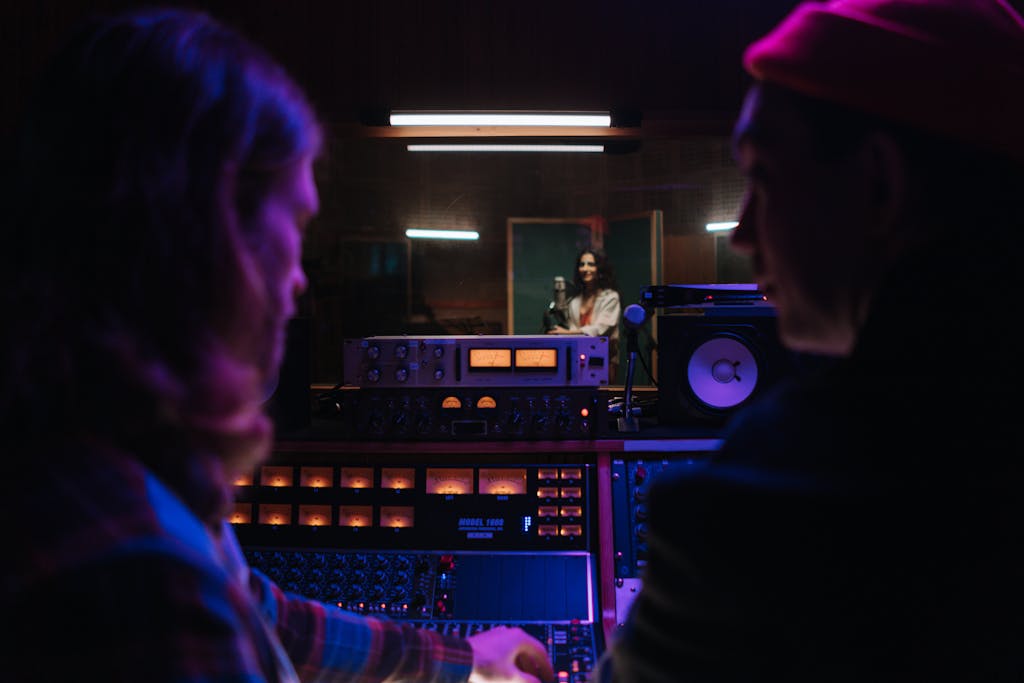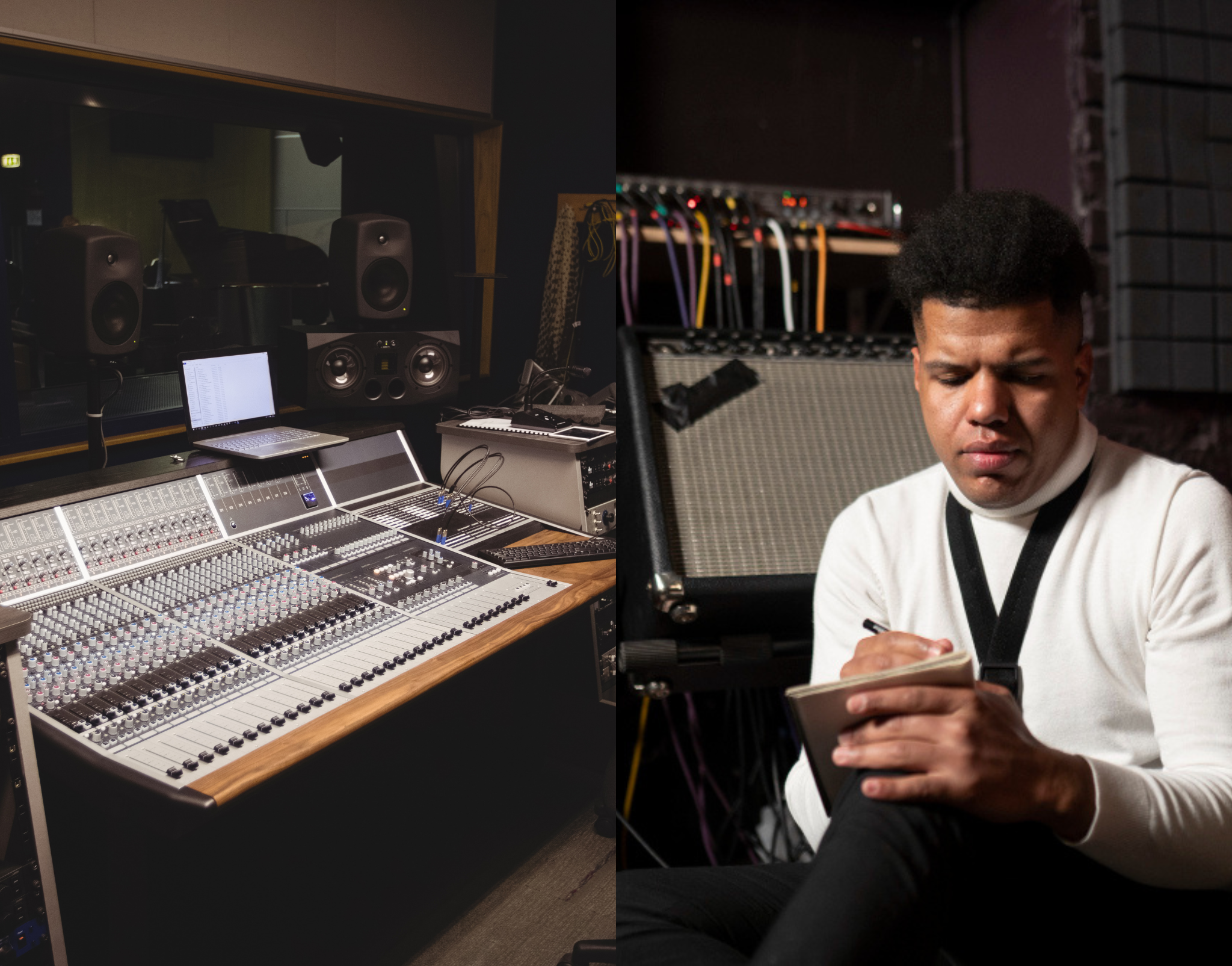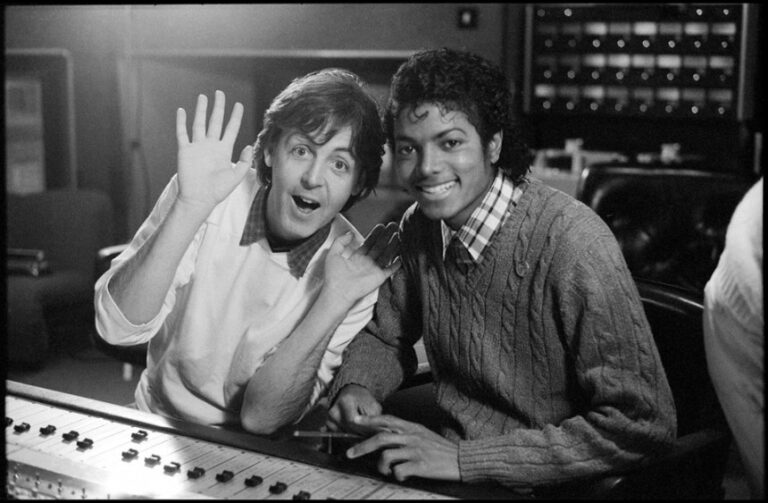Own Your Masters vs Keep Your Publishing: A brief review
In the context of the music business, such phrases exist as a way to condense legalese into simple terms. Owning your masters or keeping your publishing.
They refer to keeping the copyright from your works to yourself, without ever transferring it.
These two concepts are not mutually exclusive, yet they have their differences when applied separately.
Let’s see the difference between them.
Keep Your Publishing: What it actually means
There is a copyright for the composition, like your song’s melody or lyrics.
This copyright is born at the same time as the work gets done as long as it presents originality and is fixed on a material support.
This copyright also holds a bundle of rights, which is a group of exclusive rights that you can exercise freely and, at the same time, enforce against others who may be using your work without authorization.
These rights include such as reproduction, communication, translation, adaptation and others.
Each one is separable and your publishing includes all of them.
If you transfer or license your publishing, you must clarify which right (or rights) from the bundle are involved in the contracts.
There are famous cases related to publishing owning and catalogs prices going up to millions of dollars, so keeping your publishing (or anyone’s publishing) could be very lucrative.
See for example the case of Michael Jackson buying ATV Publishing and controlling many other artists’ publishing, like The Beatles.
What does it actually mean to Own Your Masters
This is another copyright for the sound recording, which is a separate entity from the composition, according to copyright law.
It comes into existence with the fixation of the sound recording. It can include (with permission from the author or rightholder) an original copyrighted composition or not.
Think about classical music ensemble recordings, for instance.
Though it’s obvious that Beethoven is public domain music, this doesn’t mean that the sound recording from ensembles and orchestras is public domain, especially in the case of private ensembles or orchestras.
So when you own a master, you own the sound recording without interference from the composition’s rightholders. This is the case as long as the sound recording was initially authorized.
This means you can make money with your master in any way you want without asking for permission. The same principle applies vice versa with composition copyrights.

One or the other? Master Tracks vs Publishing
As said before, these two pieces of advice aren’t mutually exclusive.
You can own all the copyrights at the same time if you happen to be an independent artist that hasn’t signed anything with any third party yet.
But, if you find yourself in a scenario where you can only pick one, I would say it depends.
Take the following questions into consideration:
- What’s your role on this production?
- Are you producing a record, a single, or an EP?
- Do you have a no re-recording clause? Do you have royalty clauses?
- Are you at the beginning, at the peak, or at the end of your career?
- What kind of contract are you getting involved with?
I cannot tell you which one to choose because there is no one-size-fits-all answer to this comparison.
I can only present you the implications, and you decide as the sovereign of your own career’s destiny.
If you own the publishing rights of a composition, you can produce as many masters as you want. If the master’s rightholder is a third party, they cannot prevent you from re-recording anything as long as there isn’t a contractual clause that says otherwise, like the same no re-recording clauses.
The opportunity cost: In case you have to give up one of them
Here’s a comparison table between Own Your Masters and Keep Your Publishing, assuming that you must pick one and give up the other.
| Aspect | Own Your Masters | Keep Your Publishing |
|---|---|---|
| What you own | The copyright for the sound recording (master). | The copyright for the composition (melody, lyrics). |
| Exclusive rights included | Reproduce, distribute, license, synchronize, remix the recording. | Reproduce, distribute, adapt, synchronize, record, publish, broadcast the composition. |
| Typical income streams | Revenue from streaming, licensing to films/ads, remasters, reissues. | Publishing royalties, performance royalties, sync fees, mechanicals. |
| Third-party control | You control how the recording is exploited, reissued or remixed. | You control who records, publishes or adapts your composition. |
| Risk if you don’t own it | If you don’t own the master, you may negotiate or pay to use your own recording. | If you don’t own the publishing, you may negotiate or share royalties to record your own song. |
| Re-recording freedom | Owning the master only controls your recording. Others can still make new recordings of the song unless you also own the publishing. | If you own the publishing, you can record as many new masters as you want (unless contractually restricted). |
| Strategic trade-off | Better control of the recorded sound, more direct deals with distributors/labels. | Better control of how the song is used, long-term income from covers and syncs. |
| Cost of opportunity | If you give up publishing, you may lose long-term royalties from others using your song. | If you give up the master, you may lose income from the main recording’s exploitation. |
Something to keep in mind: Contract law basic rules.
You don’t have to give away one of those rights and limit yourself to only claiming a fixed lump sum (e.g., $25,000 for master recording rights). You can also use contract law and negotiation to include other clauses so you can still earn income from the rights you’ve transferred in the future.
Use your creativity: There is a popular misconception about law and contracts (especially when thinking about private law) which is the idea that negotiating contracts is a rigid, set-in-stone activity, which leaves no room for creativity.
That’s not true. As long as what you agree on doesn’t go against public order laws or the legal system itself, it’s valid if it’s mutually consented to by two legally capable parties.
So don’t be afraid to propose different things. For example: you can add a royalty clause where you transfer your copyright in exchange for an upfront sum and monthly royalty payments consisting of a certain percentage of all income derived from the copyrights you’re transferring.
This is a way to achieve something similar to the royalties system that gives income to the rightholders or authors.
This type of arrangement is actually an industry standard, but you can personalize the contract to your own situation and negotiate for the clauses that fit you best.
Also, remember that you can transfer one right from the bundle without transferring the rest.
As long as you:
- Don’t go against public order laws or the legal system itself.
- Don’t harm or impose obligations on uninvolved third parties.
- Have mutual consent from both parties, with clear understanding of the contract’s content.
- Respect all universal contract law principles.
Then you’re good to go.
BUT REMEMBER THIS KEY INFORMATION – The Sanctity of Contract
Once the deal is done, you must adhere to what’s written in the contract with full fidelity and comply strictly with all its clauses. You can still renegotiate certain terms later, but you can’t afford to breach the contract abruptly, that’s not something either party would want.
This is the sanctity of contract, a cornerstone principle of private and contract law, specially within common-law systems, like the one you’re likely in if you’re reading this.
TL;DR – Key Takeaways from Masters & Publishing
- Keep Your Publishing means you hold the rights to your song’s composition (melody, lyrics) these rights include reproduction, distribution, adaptation, synchronization, and more.
- Own Your Masters means you control the copyright for the actual sound recording separate from the composition.
- Both can be kept by the artist, they’re not mutually exclusive, but contracts often split them.
- If you sign away one, you can still negotiate clauses to keep earning income (e.g., royalties).
- Contracts are flexible tools, not rigid rules, you can tailor terms as long as they don’t break public order laws and both parties agree.
- Always read and negotiate: transfer only what you must, and use clauses (royalties, time limits, re-recording rights) to protect your future income.
- Get legal advice and never sign away masters or publishing blindly.







